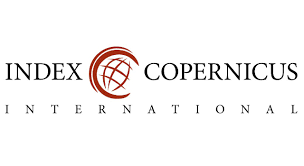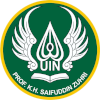Economic Aspect in Halal Product Certtification
DOI:
https://doi.org/10.24090/ieibzawa.v1i1.812Keywords:
economy, halal certification, productAbstract
Background: As a Muslim, food that is halal and good is very important, because it has religious values for food and drinks that are halal for consumption, so Muslim consumers certainly need to choose every product they consume, this can be seen from the presence of a halal label (sign) on the product .
Subjects and Methods: This is a literature review using the library's electronic database. Data obtained from various literature documentation. The objects of this research are documents, information media, and literature that discuss the economic aspects of halal product certification.
Results: The results of the analysis show that halal product certification provides benefits for consumers and business actors.By having halal certification, products can be easily accepted by the national and international community.
Conclusion: Halal product certification carried out by business actors will provide peace of mind, as well as benefits for consumersGet product guarantees of the best quality. Therefore, product halal certification must be carried out properly for business actors because it will also provide benefits for consumer confidence, increase market share, increase business competitiveness. It will also be easily accepted in the market for its products, both nationally and internationally so that it can increase economic value for the country and increase income for business actors.
Downloads
Published
How to Cite
Conference Proceedings Volume
Section
License
Copyright (c) 2023 Proceeding of International Conference on Islamic Economics, Islamic Banking, Zakah and Waqf

This work is licensed under a Creative Commons Attribution 4.0 International License.











